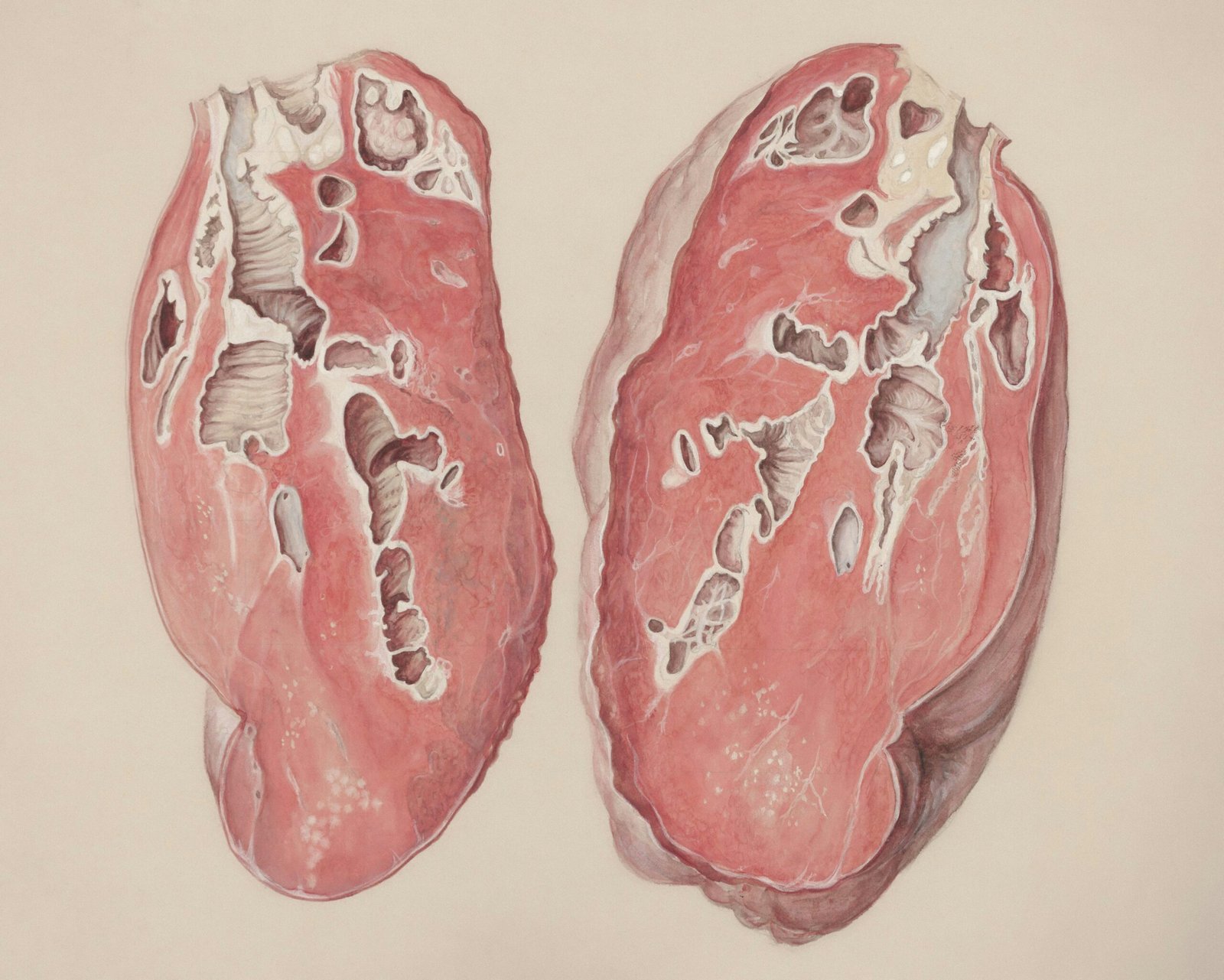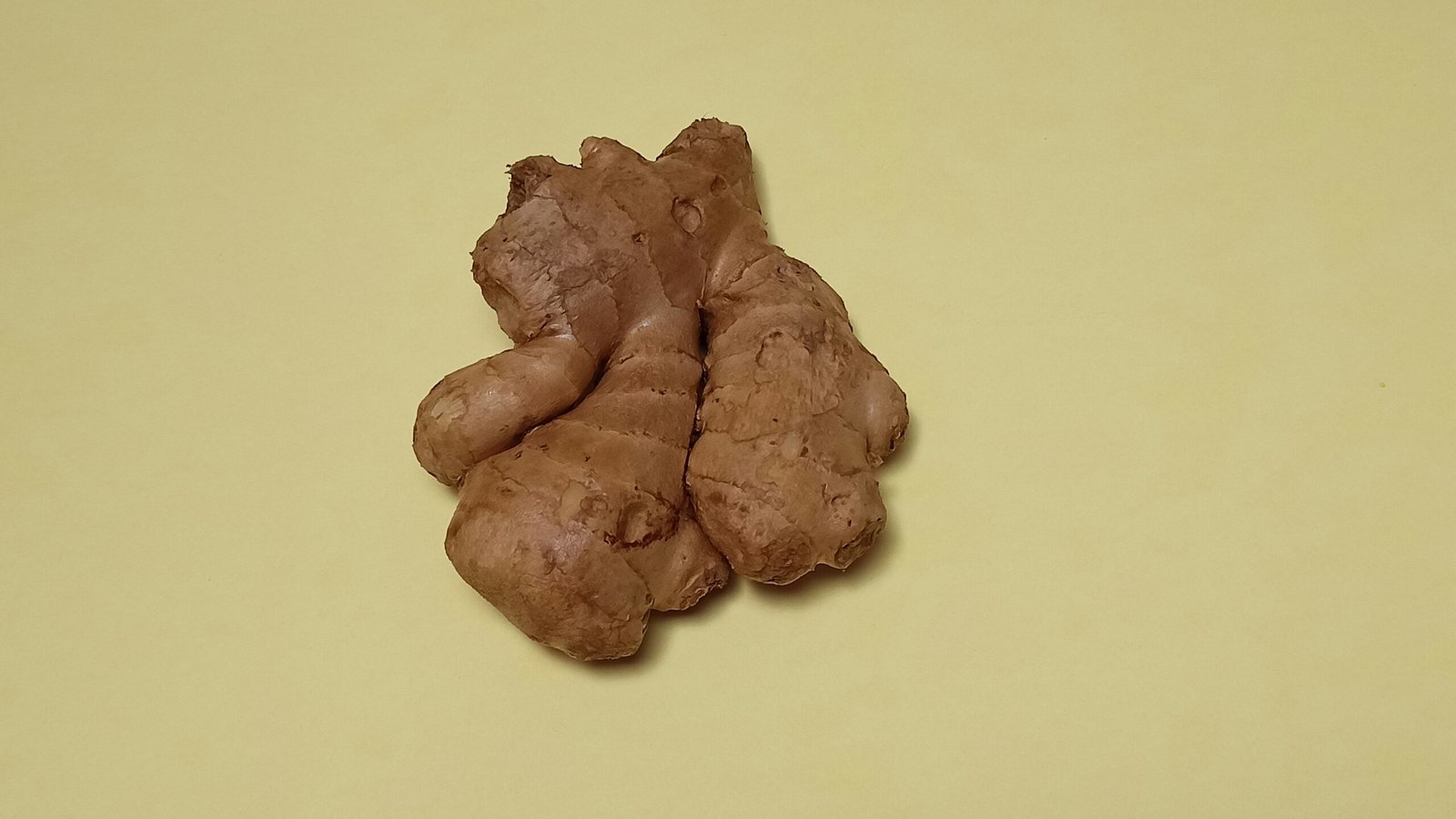Understanding Gout Detection
Gout is a form of arthritis that causes severe pain, swelling, and stiffness in a joint. If you are experiencing symptoms such as sudden and intense pain in your joints, especially in your big toe, it's important to get properly diagnosed. But how do doctors determine if you have gout? Let's explore the various methods used for gout detection.
Blood Tests
Blood tests are a common method used to detect gout. A blood test can measure the levels of uric acid in your blood, which is a key indicator of gout. High levels of uric acid can lead to the formation of crystals in your joints, causing inflammation and pain. Your doctor may also conduct a complete blood count (CBC) to check for signs of inflammation or infection.
Joint Fluid Analysis
Another diagnostic method for gout is joint fluid analysis, also known as synovial fluid analysis. In this procedure, a sample of fluid is taken from the affected joint and examined under a microscope. If urate crystals are present in the fluid, it confirms a gout diagnosis. Joint fluid analysis can also help rule out other conditions such as infection or rheumatoid arthritis.
Imaging Tests
Imaging tests such as X-rays, ultrasounds, or CT scans may be used to detect gout-related damage to the joints. X-rays can show the presence of urate crystals or joint erosion caused by gout. Ultrasounds and CT scans can provide detailed images of the joints and soft tissues, helping your doctor determine the extent of the damage.

Additional Methods for Gout Detection
In addition to the standard diagnostic tests mentioned above, there are other methods that can help determine if you have gout.
Physical Examination
During a physical examination, your doctor will look for signs of gout such as redness, swelling, and tenderness in the affected joints. They may also check for the presence of tophi, which are lumps of uric acid crystals that can develop under the skin near joints affected by gout.
Medical History
Providing a detailed medical history to your doctor is essential for an accurate gout diagnosis. Your doctor will ask about your symptoms, family history of gout, lifestyle factors such as diet and alcohol consumption, and any medications you are currently taking. This information can help them determine if you are at risk for gout and make an informed diagnosis.
Ultrasound-Guided Needle Biopsy
In some cases, an ultrasound-guided needle biopsy may be done to collect a sample of tissue from the affected joint. This tissue sample can be examined under a microscope to look for urate crystals, confirming a gout diagnosis. Ultrasound guidance ensures that the needle is accurately placed in the joint, minimizing discomfort and improving the accuracy of the biopsy.
Gout Treatment and Management
Once you have been diagnosed with gout, it's important to work with your doctor to develop a treatment plan that helps manage your symptoms and reduce the risk of future flare-ups.
Medications
Medications are commonly used to treat gout and prevent complications. Nonsteroidal anti-inflammatory drugs (NSAIDs) can help relieve pain and inflammation during gout attacks. Colchicine is another medication that can reduce inflammation and pain caused by gout. Your doctor may also prescribe medications to lower uric acid levels in your blood, such as allopurinol or febuxostat.
Lifestyle Changes
Making lifestyle changes can help manage gout symptoms and prevent flare-ups. Maintaining a healthy weight, following a balanced diet low in purines (substances that break down into uric acid), staying hydrated, and avoiding alcohol and sugary beverages can all help reduce the risk of gout attacks. Regular exercise can also improve joint function and overall health.
Joint Protection
Protecting your joints is crucial if you have gout. Avoiding activities that put extra stress on your joints, using assistive devices when needed, and practicing proper joint care can help prevent further damage and reduce pain. Your doctor may recommend physical therapy or specific exercises to strengthen the muscles around your affected joints.

Conclusion
Gout detection involves a combination of diagnostic tests, physical examinations, and medical history evaluations. By working with your doctor and following a comprehensive treatment plan, you can effectively manage gout symptoms and improve your quality of life. Remember to discuss any concerns or questions with your healthcare provider to receive personalized care for your condition.
